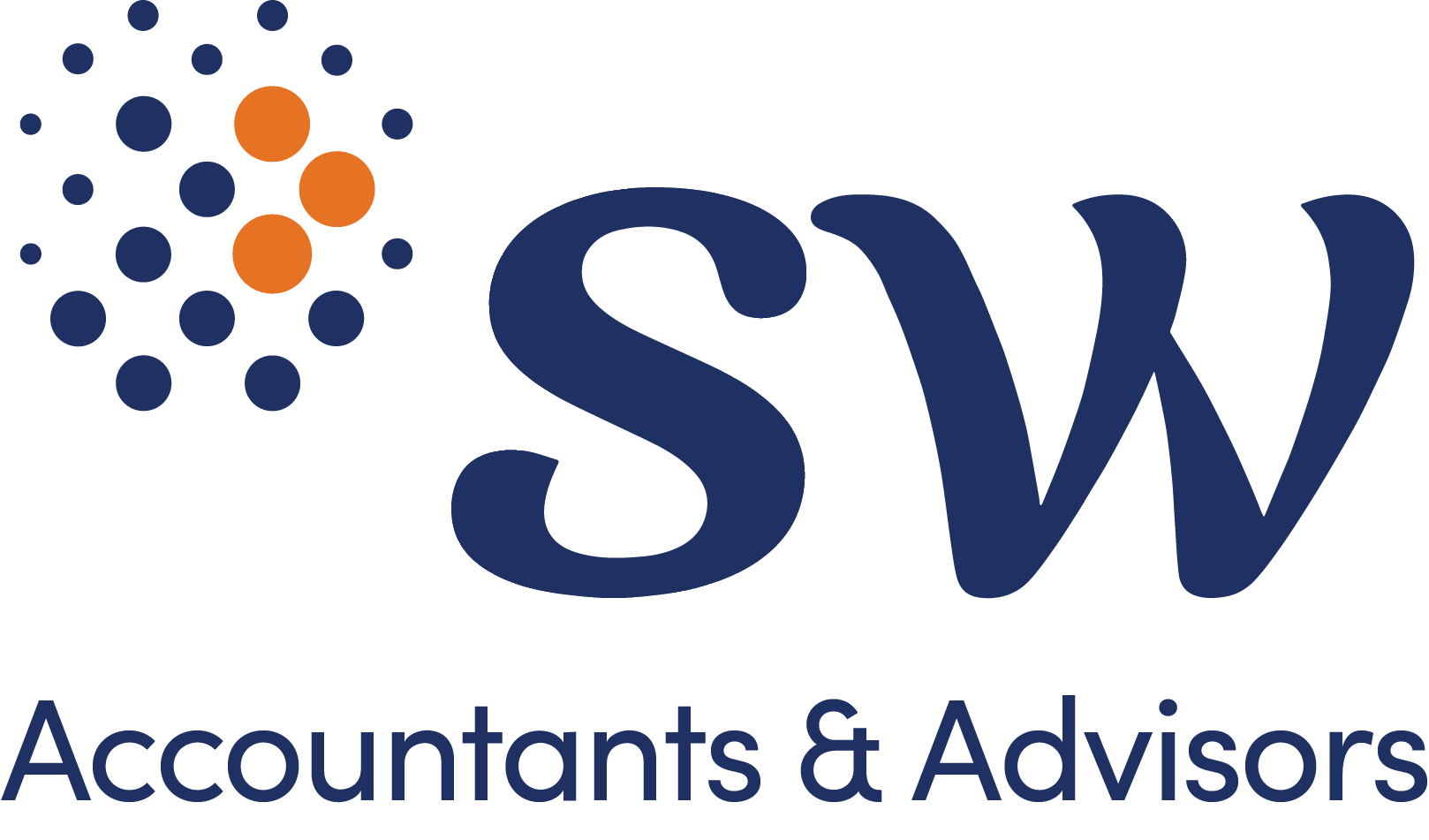
Commercial tenant and landlord relief update – Victoria
01/10/2020
Following the Premier’s announcement in August 2020 regarding the intention to extend and modify the Regulations applicable to rent relief for commercial tenancies, the Victorian Governor in Council published the Amendments on 29 September 2020.
As an update to our previous alert regarding commercial tenant and landlord relief, the following Regulations and Amendments are now in force:
- “The Regulations” COVID-19 Omnibus (Emergency Measures) (Commercial Leases and Licences) Regulations 2020
- “The Amendments” COVID-19 Omnibus (Emergency Measures) (Commercial Leases and Licences) Miscellaneous Amendments Regulations 2020
The Amendments seek to make the following changes:
- Extending the period of operation of the Regulations
- Prescribing eligible lease requirements
- Modifying the operation of certain provisions relating to rent relief
- Empowering the small business commission to make orders directing landlords to give rent relief
- Conferring jurisdiction on VCAT to enforce orders made by the SBC
We set out below the practical changes relating to 1, 2 and 3 below:
- The Regulations, which were originally set to expire on 29 September 2020, have now been extended until 31 December 2020. Accordingly existing rent relief arrangements may carry on for a further three months and new rent relief agreements may be reached after September 2020. Additionally as outlined below, tenants may apply to have existing rent relief agreements revised.
- When applying for rent relief, tenants will now need to provide the following information in addition to the existing requirements:
- a statement setting out their decline in turnover, expressed in a percentage and calculated consistently with the actual decline in turnover calculated for their most recent JobKeeper turnover test period, and
- the receipt number issued by the ATO when electing to participate in JobKeeper, and
- a copy of the tenant’s most recent notice under the JobKeeper rules to the Commissioner of Taxation, and
- evidence of the stated decline in turnover which must include at least one of four documents:
- extract from accounting records, or
- Business Activity Statements, or
- bank statements; or
- a statement prepared by an accountant.
- Landlords must now offer rent relief for the period starting on the date of the tenant’s request for relief and ending on 31 December. The Regulations originally stated that relief had to be provided for the “Relevant Period” which commenced on 29 March 2020 and ended on 29 September 2020.
- Rent relief now must be at least proportional to the decline in the tenant’s turnover associated with the premises, as per the statement now required to be made by the tenant at the time of applying for relief.
- Where rent is normally charged inclusive of outgoings, proportional rent relief must apply to the total amount including outgoings.
- Tenants who have received rent relief that is not proportional to their reduction in turnover, prior to the amendments coming into force, may make a further request to the landlord for relief.
- Similarly tenants who have received rent relief that was not for the entire period starting on the date of their application and ending on 31 December 2020, may make a further request to the landlord for relief.
- Payment of deferred rent cannot be requested until 31 December 2020.
- Certain provisions continue to apply, even where a tenant who has received rent relief ceases to be eligible for JobKeeper. Specifically the Regulations relating to the following matters continue to apply:
- non-payment of rent
- prohibition on rent increases
- recovery of outgoings or expenses
- reduction in outgoings
- changes to trading hours
- extension of term
- payment of deferred rent, and
- no fees, interest or charges.
A detailed dispute resolution process has been embedded within the Regulations, which provides the small business commission with significant powers to direct landlords to provide relief. Mediation is still available for tenants and landlords who cannot reach agreement in the first instance.
These Amendments will no doubt impose a significant cost on landlords who may already be facing significant financial difficulty. Affected landlords may be eligible for land tax relief however typically this would only represent a fraction of the cost of rent relief provided. On the other hand impacted tenants will be relieved to have ongoing rental relief, which may see them through to a period post COVID-19.
The Amendments do provide some clarity as to specific requirements when applying for and assessing rent relief. However landlords and tenants alike may be suffering from rent negotiation fatigue and changing the process after 6 months of operation may cause confusion and additional cost for implementation.
How ShineWing Australia can help
ShineWing continues to support their commercial landlord and tenant clients who have been affected by COVID-19. Our property experts would welcome the opportunity to discuss the Regulations and Amendments with you.
Contacts
| Abi Chellapen | |
| Stephen O’Flynn | |
| Blake Rodgers |


